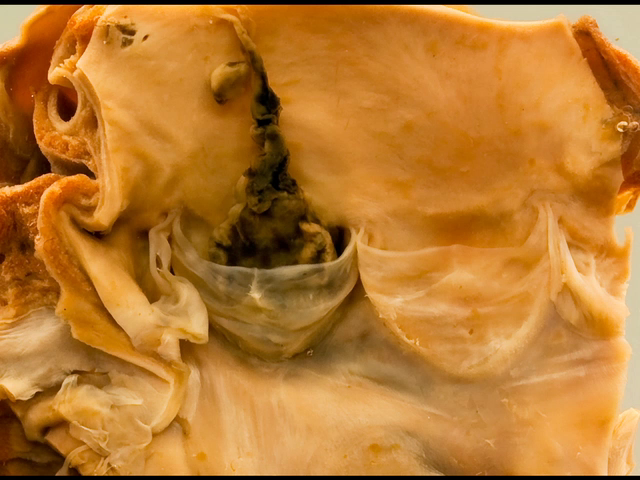Heart attacks and strokes are much more common in people who have already suffered a previous vascular event. Now scientists know why: inflammation caused by the first heart attack accelerates  the underlying arterial disease process, significantly increasing the risk of a subsequent episode.
the underlying arterial disease process, significantly increasing the risk of a subsequent episode.
Previous studies have shown that nearly one in five patients suffer repeat myocardial infarcts (heart attacks) within one year of the first being diagnosed. Doctors had thought that this merely reflected progression of the already-established disease process.
But a new study, published this week in Nature by Harvard scientist Ralph Weissleder and his colleagues, shows that heart attacks and strokes trigger the production from the bone marrow of inflammatory cells called monocytes.
These, the team found, penetrate other patches of arterial disease where they secrete enzymes that break down connective tissue and weaken the vessel wall, making the diseased region more prone to rupture and blockage, provoking a heart attack or stroke.
The researchers made the discovery by working with a strain of mice that lack a gene called ApoE, making them prone to arterial disease. Inducing heart attacks in these animals, the team found, led over the following 3 weeks to a surge in monocyte levels in the walls of the animals' arteries.
These cells are released initially in an immature form from the bone marrow in response to stress signals from the sympathetic nervous system. After maturing in the spleen, they then move through the blood to the blood vessel walls.
Encouragingly, certain beta-blocker drugs can prevent the process by stopping the signals from the sympathetic nerves from triggering the release of the stem cells from the bone marrow in the first place.
According to the researchers, "Our study suggests that patients with an ischaemic complication of atherosclerosis [arterial disease] experience a particularly vulnerable disease phase, and that interventions aimed at progenitors of innate immune cells could affect long-term outcomes."
- Previous 'Flu's Hidden Gene
- Next Dinosaurs were warm-blooded









Comments
Add a comment